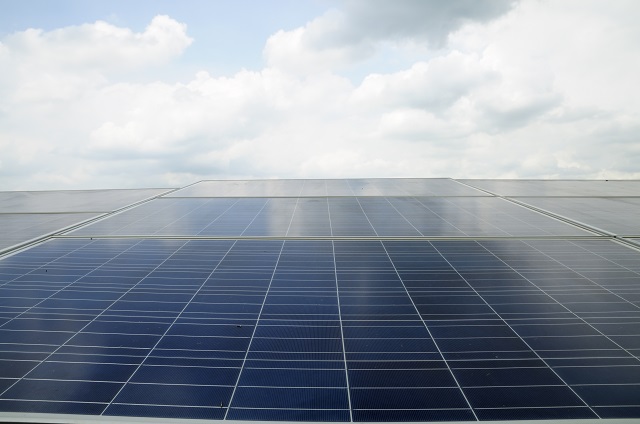
EPFL and Leclanché S.A., Romande Energie with funding from the Canton of Vaud are working on a project to develop a comprehensive energy storage device. The Leclanché storage device will function in tandem with the Romande Energie solar park in Switzerland.
The team of scientists have been trying to develop innovative industrial solutions for storage of solar energy so as to utilize them during peak consumption periods.
The core of the device developed by Leclanché will be based on an innovative titanate Lithium-ion battery, which uses titanate instead of the traditional graphite.
This battery which is nearly as large as a shipping container has a life span of around 15,000 charge-discharge cycles. Conventional devices have an average of 3000 cycles.
For increased safety of the device, a patented ceramic separator will be used supported by a sophisticated management system.
The storage of electrical energy through the use of high-capacity and long life batteries is a challenge that determines the massive integration of renewable energy for the power generation. This partnership will allow us to validate the technologies used in order to store solar energy on an industrial scale.
Professor Mario Paolone of the EPFL
This energy storage device has the capacity to store up to 500kWh. This would be equivalent to the energy produced by solar panels covering an area of 2,500m2.
EPFLs’ Distributed electrical systems laboratory has been provided around two million francs by the the Canton of Vaud for the project. This funding is part of the"100 millions pour les énergies renouvelables et l'efficacité énergétique" programme.
References